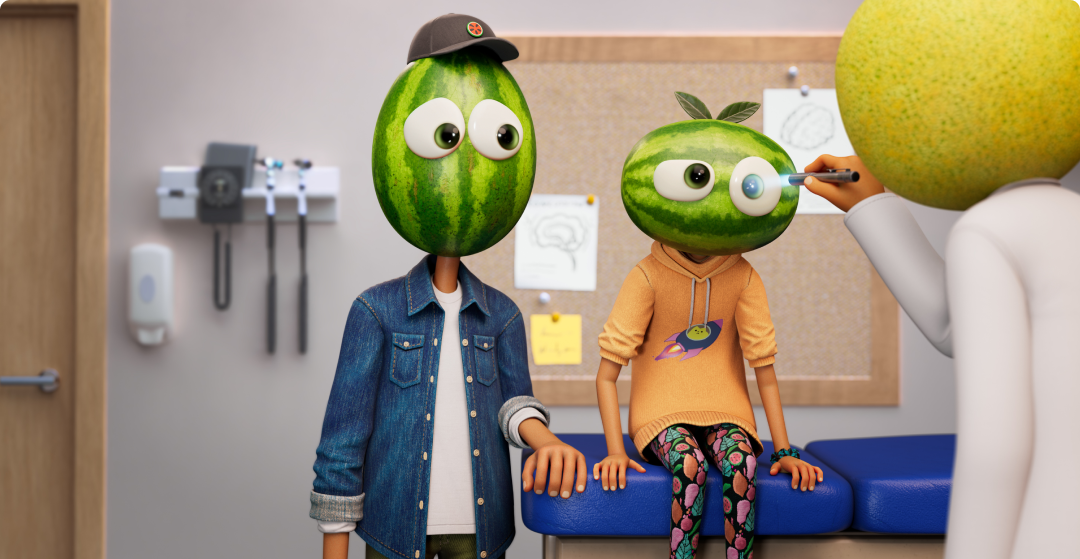
It’s never best to wait and see
When it comes to your body, your brain is kind of a big deal. If you even suspect you have a concussion, leave nothing to chance. Get checked by a medical professional immediately.
What to do
Hit your head? Use your head. Follow these simple steps.
Stop!
Look for Symptoms.
Get it Checked.
For quick access to resources and recommendations, call the National Brain Injury Information Center toll-free helpline at 1-800-444-6443 (Monday through Friday, 9 a.m. to 5 p.m. ET) or send a secure message now.
Where to go
If you think you might have a concussion, it’s important to get it checked (by a qualified medical professional, not just anybody!) There are many places you could go, depending on how quickly you need care.
If your or a loved one’s symptoms are severe, you should dial 911 right away or head straight to an emergency room.
Emergency room
Urgent care
Primary care provider
Telemedicine
Concussion clinic
What to expect when getting it checked
Concussions often go undiagnosed when people are unsure about what help will look like. Here are three easy tips for a positive experience.
Be prepared
After you’ve chosen the right type of care, write down a detailed log of symptoms. You should always be prepared with a list of any current medications or other relevant health information. When possible, bring someone with you that witnessed the injury or symptoms. To help know what questions to ask when getting checked for a concussion, click the button below to download our resource: 9 Questions to Ask a Healthcare Professional If You Think You Have a Concussion.
Talk with a qualified medical expert
You’ll be asked to explain your symptoms, how long you’ve experienced them and details about the nature of the injury. A full assessment might include advanced imaging. If significant testing is required, you may be referred to the hospital or ER.
Stick to your recovery plan
When it comes to brain health, don’t treat recommendations from your doctor as mere suggestions. Pay close attention, ask follow- up questions, even seek a second opinion if needed. Treat your brain like the powerful, miraculous, neuron superhighway that it is.

Recovery
means rest
Returning to normal activity too soon after a concussion can worsen symptoms and even lengthen recovery time. Taking action means not only getting help, but it can also mean taking time away from work, school, sports or other activities as needed. Avoid activities that make your symptoms worse – these can be different for everyone. Give your brain a break. Rest and repair come first.
Still have questions?
For quick access to resources and recommendations, call the National Brain Injury Information Center toll-free helpline at 1-800-444-6443 (Monday through Friday, 9 a.m. to 5 p.m. ET) or send a secure message now.
Information is intended for educational purposes and does not constitute medical advice. If you sustain a head injury, including concussion, seek help from a medical professional.